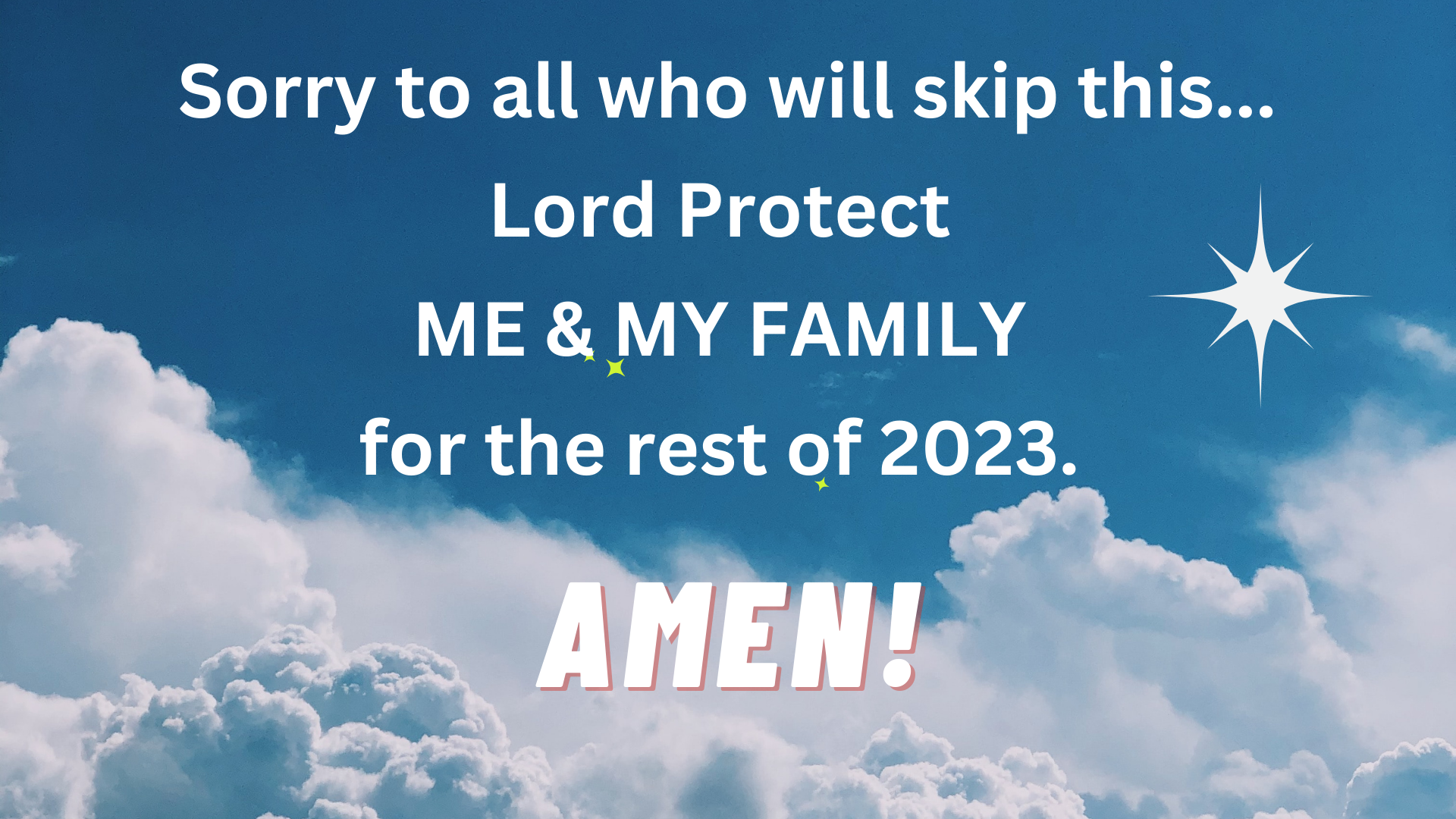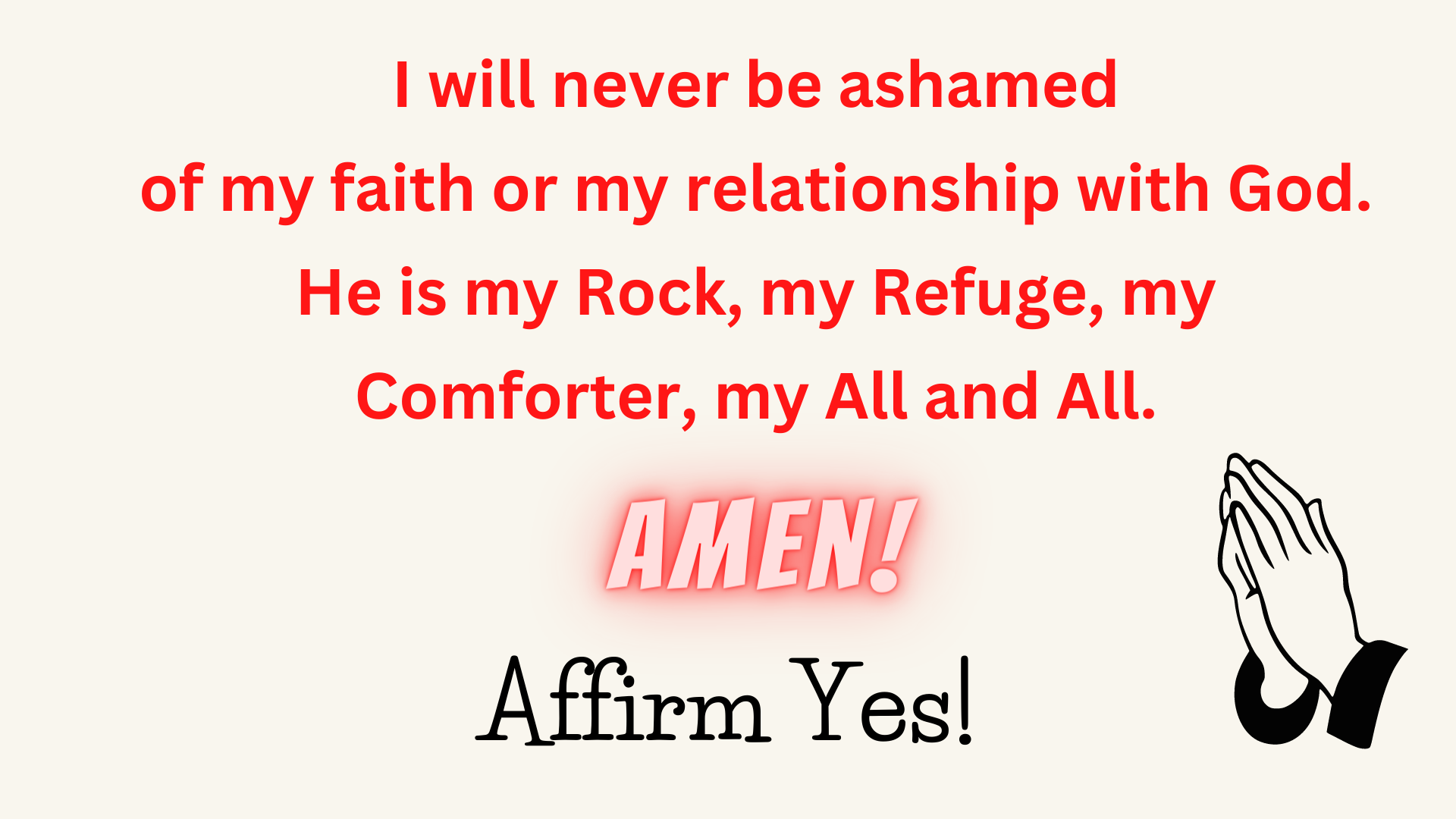Mother Can’t Find School For Her 9-Year-Old Son Due To His Hair
Farouk James, a nine-year-old model, is characterized by his long brown hair. Bonnie Miller, his mother, aided him in gaining over 269 thousand Instagram followers. She notes that at initially, his choice to grow his hair was purely “cultural.” Until he was three years old, his father’s Ghanian relatives urged him to maintain his hair long. Farouk, on the other hand, grew connected to his “unique and gorgeous” hair. His hair was never an issue until Miller started searching for secondary schools for him. Many institutions, including the family’s initial choice, Fulham Boys School in West London, appear to prevent boys from having long hair.
The school’s policy, for example, is as follows: “Hairstyles should be neat and traditional; no extreme haircuts, such as sculpting, shaving, dreadlocks, or braiding, are permitted. The maximum length of hair is above the collar, and the shortest length is a number 2 cut… Before permitting their kid to choose a haircut that may be regarded “unusual,” parents should seek guidance on the appropriateness of such a style. If the school believes the style is improper, it has the right to require re-styling.”
Miller criticizes these practices, calling them sexist against males and discriminating toward children of race.
“It’s definitely racial issue.” told Miller for Good Morning America.
As a result, she started a petition in the Parliamentary, requesting that the government prohibit schools from imposing such limitations. “I feel it is teaching our children sexism from a very young age,” she says in the petition. “When you educate children that today’s unfair conduct is OK, you’re preventing a more accepting society for tomorrow”, according to the petition. “Would you agree that if your girls don’t like skirts, they should be forced to wear them to school? I believe it would be unjust, and it might be compared to women being required to wear heels at work, in addition to being paid less than men?”
Discrimination Against Afro-Textured Hair
This isn’t the first time Miller has had to deal with a school refusing to help her kid. Her oldest son, now in his early twenties, was chastised for getting his hair cut too short. He, like Farouk, is a mixed-race individual.
“His hair was cut too short, and he got in trouble three times and was almost sent out of school because of it, to the point where I went to the shoe store and purchased some boot polish,” she told CBS News. She had mistakenly believed that after ten years, their rules would have changed.
“Most of the institutions with these hair regulations are Christian schools,” Miller explained, “which is odd because Jesus had long hair. So, if Jesus were alive today, he wouldn’t be able to attend those schools.”
She also started a petition on Change.org, which has almost 7,500 signatories. She describes the issue and mentions how tolerant Farouk’s present school is. For health and safety concerns, they ask that Farouk’s hair be pulled back during class, which Miller considers fair. His future schooling, on the other hand, remains uncertain. “I’ve tried to prepare and persuade him that, for the sake of his schooling, we may need to cut it all off at some point. I expected him to change his mind, but with the secondary school application process starting in two years, his desire to maintain his hair has become even stronger, and he is terrified.”
“This is not just about hair”
Farouk isn’t the only youngster who has been wrongly punished because of his hair. Because of his dreadlocks, Clinton Stanley Jr. was barred from entering his classroom on the first day of school. The school administrator approached him at the entrance and informed him that this haircut was prohibited by school policy. The youngster was distressed and confused. When he was four years old, he requested dreadlocks so he could appear more like his godfather.
It scarcely needs to be said that a policy prohibiting dreadlocks targets persons of color. Unfortunately, many schools and businesses have regulations that prohibit students from wearing their natural hairstyles, such as dreadlocks or braids. Furthermore, many Black women are under pressure to spend endless hours and dollars straightening their hair to meet European norms. People may interpret their decision to wear their hair normally or in braids as a “political or confrontational message.”
“This isn’t just about hair; it’s about personal rights recognition and prejudice correction,” stated California State Senator Holly Mitchell. “Our hair has always been a source of pride or humiliation, a sense of power or unequalness,” says the author.
Examining Outdated Policies
Fortunately, several governments are taking steps to make regulations that punish various haircuts illegal. Wisconsin State Rep. LaKeshia Myers stated, “As our society continues to diversify and we become more and more a country of people of color, I believe our laws must reflect that.”
There’s still a long way to go, but Commissioner Carmelyn Malalis offers some suggestions for rethinking education and workplace rules. “To the degree that people have clothing rules or policies on grooming or professionalism, look at them and ask… ‘Are there ways in which these standards and norms effect black people more, women more, non-binary people more?’”










